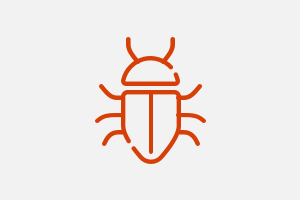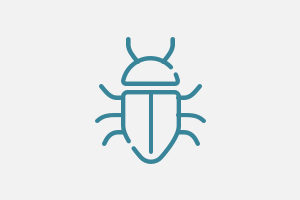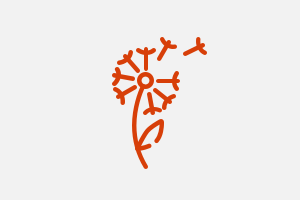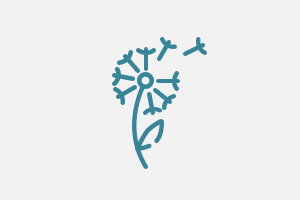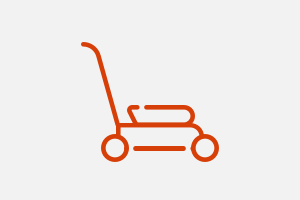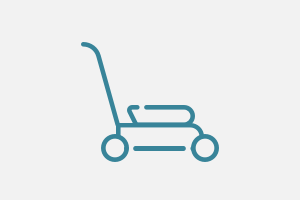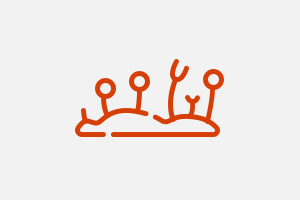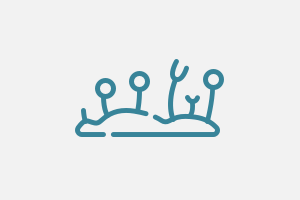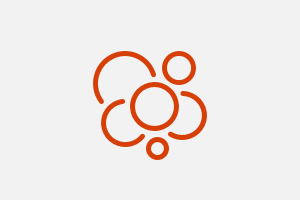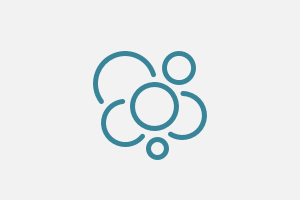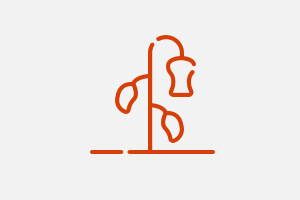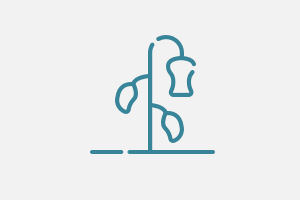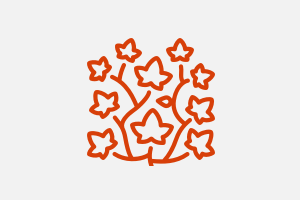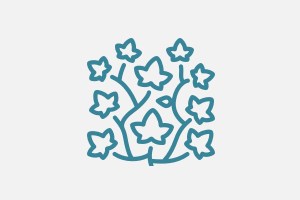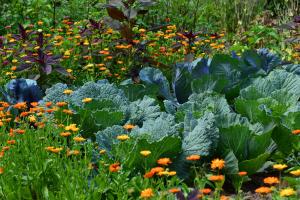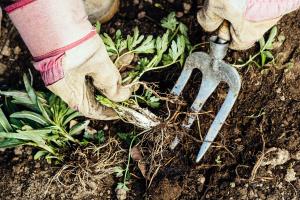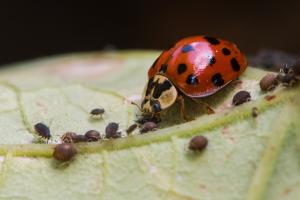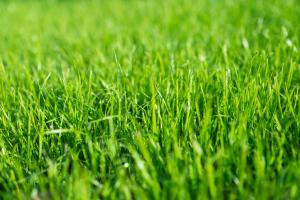-
Pest SolutionsPESTS + WEEDSUSING PESTICIDES OR HERBICIDES?
Learn research-based, safe, and effective tactics for common garden and property pests and weeds. We provide non-chemical methods alongside the most effective and least toxic chemical options available, to reduce risk to people and the environment.
- Identify and learn about the pest or weed.
- Determine if action is needed. Some pests or weeds need attention, some can be left alone.
- Learn how to get rid of the problem and understand any risks associated with various options.
- After taking action, follow up with preventive steps for long-term success.
What is Your Pest or Weed Problem?
Mice, Rats & Wildlife
How to Get Rid of Mice & Rats; how to live with wildlife
Solve Pest and Weed Problems
Yellowjackets & Wasps, Ants, Spiders, Fleas, Pantry Pests & More
In and around homes and structures
Solve Pest and Weed Problems
Weeds (Includes Unwanted Vines, Bushes & Trees)
Identification & management
Solve Pest and Weed Problems
Moss on Roofs & Walkways
Learn how to get rid of moss on roofs & walkways
Solve Pest and Weed Problems
Insects, Slugs & Diseases on Plants
Includes aphids, mites, wilting, spots, powdery mildew, rusts & more
Solve Pest and Weed Problems
General Guides
If Using Weed Killers (herbicides), take precautions & Minimize Risks
Herbicides are the most widely used type of pesticide product in homes and gardens in the United States.
(Source: U.S. Environmental Protection Agency EPA-733-R-04-001 )
The Label is the Law
ALWAYS read the label before using herbicide products. The label is a legal document that provides information on how to safely use the herbicide. It includes appropriate personal protective gear and application methods. This helps avoid harm to human health and the environment. Using an herbicide in off-label ways is illegal. It can result in legal enforcement actions..
READ THE LABEL & Follow Instructions
It has instructions to protect you and the environment.
- Labels are different for every product and they often change over time.
- Use a magnifying glass for small print.
- Pay attention to CAUTION, WARNING, and DANGER statements.
- Pay attention to the PRECAUTIONARY STATEMENTS.
- The law states you must read and follow herbicide instructions.
Protect Yourself
Eye, skin & lung irritants
- Wear the right protective gear. This often includes, but is not limited to: a long-sleeved shirt, pants, socks, closed shoes, safety glasses, and chemical-resistant gloves.
- Mix outdoors or in a well-ventilated area.
- Wash hands after mixing or applying, and before eating or smoking.
- Take a shower immediately after handling herbicides.
- Wash clothes worn while mixing or applying separately from other laundry.
Protect Children & Pets
Children and pets are at risk if they eat or touch the plants before they dry.
- Keep them away during and after applying herbicides (read the label for how long).
- Remove toys and pet dishes from the yard before applying.
- Don’t track herbicide products into your home on shoes or clothes.
Protect Pollinators
- Apply in the early morning or evening when bees are less active.
- Kill weeds before they flower. Avoid spraying flowering plants.
- Do not spray on bees or insects.
Protect Plants You Want to Keep
- Glyphosate and other broad-spectrum herbicide ingredients can damage both grass and broadleaf plants.
- Minimize spraying of foliage, stems, exposed roots, or the trunks of desirable shrubs or trees to avoid harm.
- Follow the label to avoid damaging the roots of trees and shrubs.
Avoid Wet, Windy, or Hot Weather
Use during favorable weather for best results.
- Don’t spray when it’s raining or when rain is expected in the next 24 hours.
- Wind causes the spray to drift, which can get on you and desired plants.
- Herbicides may be less effective in hot weather if the target plants are moisture-stressed.
- Some herbicides can turn into a vapor in hot weather and damage nearby plants.
Don’t Spray into Water
- It’s illegal to apply herbicides in a stream or slow-moving/wetland pool.
- You need a product registered for aquatic areas. This includes waterways, ditches, drains, and other places where water collects.
Storage & Disposal
- Store in a secure area away from children.
- Don’t put unused herbicide products in the trash.
- Never pour down any drain or waterway.
- Take unused herbicides to a hazardous waste facility.
Call 1-800-CLEANUP (1-800-253-2687) to find out where to dispose of herbicides.
For the Portland metro region in Oregon, contact Metro’s Recycling Information. Call 503-234-3000, email or visit Metro’s website
More about:
NEED HELP?
The National Pesticide Information Center (NPIC) can answer questions about pest control chemicals.
1-800-858-7378 or npic@ace.orst.edu
Consider using a licensed pest or weed control company. Learn How to Hire a Pest Control Company.
Your local Extension Specialist in Oregon and other states can suggest other methods.




